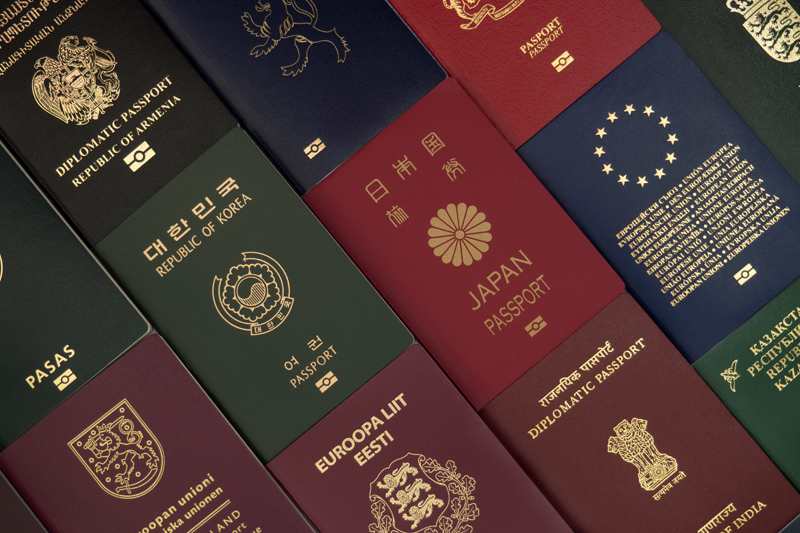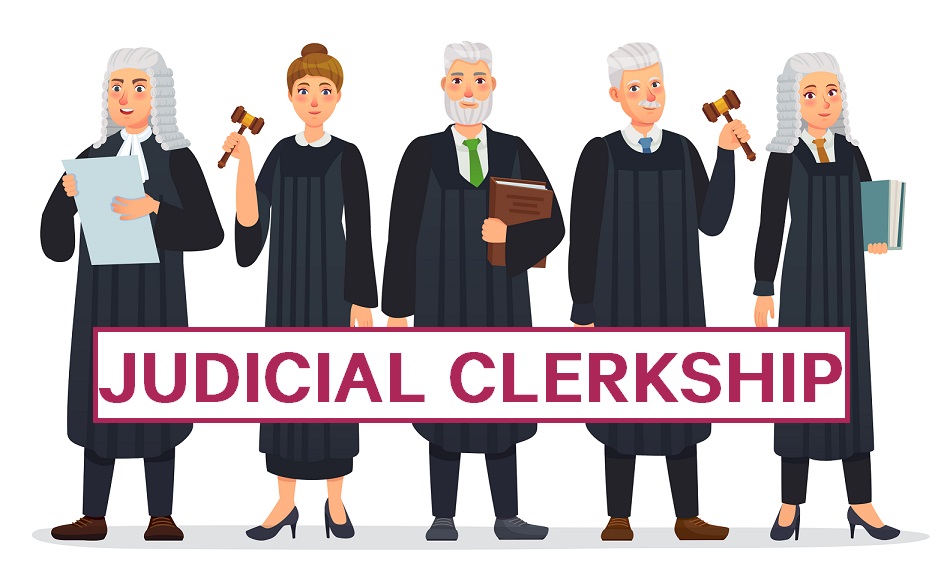Summary: The ACLU has won a settlement against the Department of Homeland Security that could return Mexicans to their U.S. families.
Only about 100 Mexicans may have a chance to legally return to the United States of America, though perhaps thousands could have the opportunity. The American Civil Liberties Union sued the Department of Homeland Security in 2013 over how they exported illegal immigrants, with a policy know as voluntary return,” which has through this lawsuit been changed.
The government admitted no wrong doing, but said that their policy, which gave people the choice to either surrender to an immigration judge and leave the U.S. for ten years, would be changed so that those making the choice would know what the consequences of their choice meant. This means they are using new training for their agents, and also providing an information hotline for detainees seeking legal aid.
They are claiming a “commitment to ensuring foreign nationals fully understand the implications of the returning to Mexico,” said the statement.
One such person who didn’t understand was Lucy Sanchez, who came to California in 1996. She was given a choice when asked her legal status in 2009 to be jailed for months to fight to stay or to go directly to Mexico, if she signed a voluntary return paper.
“They didn’t even let me read it, they just said sign here,” said Sanchez, 35, who is a wife and mother of U.S. Citizens.
She returned to Tijuana, Mexico, for six year and has just returned in August to plead her case.
The ACLU estimates thousands deported in this manner from the U.S. have a chance to return, said Gabriela Rivera, but so far only 100 have been identified, and of those 100, the government has approved of 20.
To qualify, the Mexican must be married to a U.S. citizen after having entered the country legally, been in the country for 10 years or more, and having a spouse, child, or parent who relies on them, or being eligible to be shielded from deportation under President Barack Obama’s 2012 executive order.
Furthermore, applicants must have accepted a voluntary return in Southern California between 2009 and 2014.
This is therefore a limited legislation, but it will at least establish workshops, billboards and TV advertising to reach the 200,000 people deported in this time period.
As all this applies to the Border Patrol’s San Diego sector, and Immigration and Custom’s Enforcement’s Los Angeles and San Diego field offices, it is a narrow band of legislation, and applies only until August of 2017 anyway.
Source: AP News





































